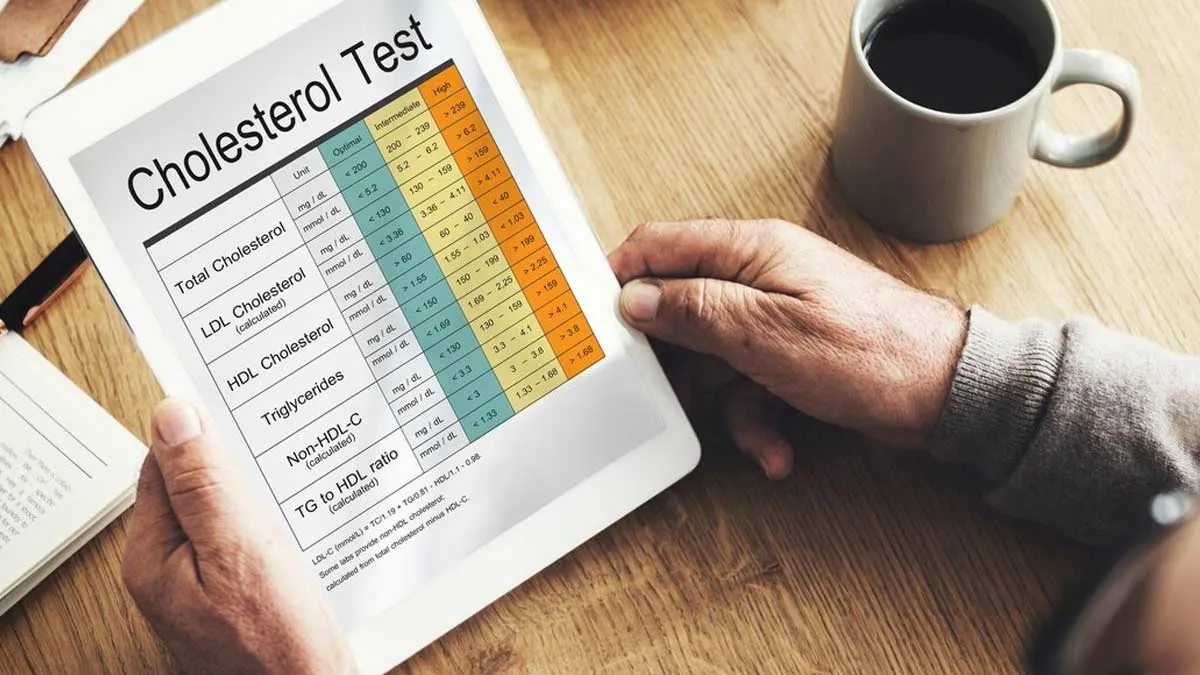
In the hectic pace of urban India, where ambitions run wild and life is raced, it's common for youths to feel superhuman. The concept of heart disease seems to be a problem for later in life. But this is a myth. Cardiovascular diseases are targeting younger generations in India, and mostly quietly. Though blood pressure tests are important, they are part of a larger picture. And, it is time to look beyond and become better informed with the help of necessary heart health screenings.
Table of Content:-
Thus, we spoke to our expert, Dr Prateek Chaudhary, Senior Consultant - Interventional Cardiology at Asian Hospital, Faridabad, and he explained everything to us in detail. Read ahead to know!
Why Young Indians Are at Risk of Heart Diseases
Multiple factors lead to the increasing number of heart disease cases among young Indians:
- Sedentary Lifestyles
- Stress
- Genetics
- Smoking and Alcohol Consumption
- Undiagnosed Illnesses
Neglect of these threats can have fatal outcomes, and early detection via thorough tests is the key to prevention and early intervention.
Key Heart Health Tests One Should Get Done
Dr Chaudhary shared six crucial tests all young Indians should undergo, regardless of how healthy they feel. These include:
1. Lipid Profile (Cholesterol Test)
- What it measures: Total cholesterol levels, LDL (bad) cholesterol, HDL (good) cholesterol, and triglycerides.
- Why it's important: Elevated levels of LDL and triglycerides can cause the buildup of plaque in arteries (atherosclerosis), which is a stepping stone to heart attacks and strokes. HDL works to eliminate excess cholesterol. Thin people can also have unhealthy cholesterol levels if caused by heredity or diet.
- Frequency: Beginning in your early 20s, a baseline lipid profile should be done, with subsequent checks every three to five years, or more often if risk factors are noted.
Also Read: Why Anxiety Hits Women Harder: Expert Explains Role Of Hormones and Other Hidden Burdens

2. Blood Glucose Test (Fasting Blood Sugar & HbA1c)
- What it measures: Fasting blood sugar reflects levels now, while HbA1c offers an average blood sugar level for the last two to three months.
- Why it's important: Untreated or poorly controlled diabetes is a serious risk factor for heart disease, drastically raising the likelihood of developing atherosclerosis, high blood pressure, and high cholesterol.
- Frequency: Yearly checks are recommended, particularly if you have a history of diabetes in your family or if you have risk factors such as obesity.
3. High-Sensitivity C-Reactive Protein (hs-CRP)
- What it tests: CRP levels, an indicator of inflammation within the body.
- Why it's important: Chronic inflammation is an important factor in atherosclerosis development and worsening. High hs-CRP, even with normal cholesterol, is a marker fora higher risk of heart disease. It provides a better picture of cardiovascular risk.
- Frequency: May be ordered for those at moderate to high risk of heart disease, as recommended by a physician.
4. Homocysteine Levels
- What it tests: Levels of homocysteine, a blood amino acid.
- Why it's useful: High levels of homocysteine have been associated with a higher risk of heart disease, stroke, and blood clots, as it can cause damage to the inner lining of arteries.
- Frequency: Routinely ordered for patients with a history of early heart disease in their family or those with a mysterious cardiovascular event.
5. Thyroid Function Tests (TSH, T3, T4)
- What it tests: Thyroid hormone levels.
- Why it's important: Either an underactive (hypothyroidism) or overactive (hyperthyroidism) thyroid can affect heart health. Hypothyroidism can result in high cholesterol and blood pressure, while hyperthyroidism can result in palpitations and arrhythmias.
- Frequency: If you develop symptoms such as sudden weight changes, fatigue, or palpitations, a thyroid screening is imperative.

6. Electrocardiogram (ECG/EKG)
- What it measures: The electrical functioning of your heart.
- Why it's needed: Although usually linked with symptoms, a baseline ECG is able to identify abnormalities in heart rhythm, before this damage, or evidence that the heart is enlarged. It's a rapid, painless procedure.
- Frequency: A baseline ECG is useful if you have risk factors, family history, or are planning to initiate an intense exercise program.
Learning about these tests is step number one. Step number two is talking to a healthcare provider. Share your family history, lifestyle, and concerns. A physician can guide you on which tests are appropriate for you and explain the test results to develop a customised heart health plan.
Remember, heart disease is preventable to a great extent. By adopting a healthy lifestyle, a healthy diet rich in fruits, vegetables, and whole grains, regular exercise, stress management, and giving up smoking and heavy drinking, together with active screening, young Indians can protect their hearts and lay the groundwork for a long, healthy life. Don't wait for symptoms; take control of your heart today.
FAQs
At what age do young Indians need to get these heart tests?
It's advisable to get a baseline lipid profile and blood glucose test in your early 20s, especially if you have a family history of heart disease or diabetes. Other tests like hs-CRP, homocysteine, and cardiac imaging may be recommended later or based on individual risk factors and symptoms, as advised by a doctor.
Can a healthy lifestyle alone prevent heart disease, or are these tests still necessary?
Although healthy living is most important in avoiding heart disease, these tests are still necessary. They can identify underlying genetic susceptibility, early risk indicators that are not yet symptomatic, or even conditions that may not be completely addressed by changes in lifestyle alone. Early recognition provides timely intervention and targeted management.
My blood pressure is within normal limits, do I need to have these other heart tests?
Yes. Optimal blood pressure is a positive indicator, but it only tells one part of the heart health story. You may still harbour high cholesterol, elevated blood glucose (pre-diabetes), inflammation, or other risk factors that sneakily lead to heart disease. These other tests give a clearer picture of cardiovascular well-being.
Also watch this video
How we keep this article up to date:
We work with experts and keep a close eye on the latest in health and wellness. Whenever there is a new research or helpful information, we update our articles with accurate and useful advice.
Current Version
Sep 22, 2025 10:09 IST
Modified By : Chanchal SengarSep 22, 2025 10:09 IST
Published By : Tanya Srivastava